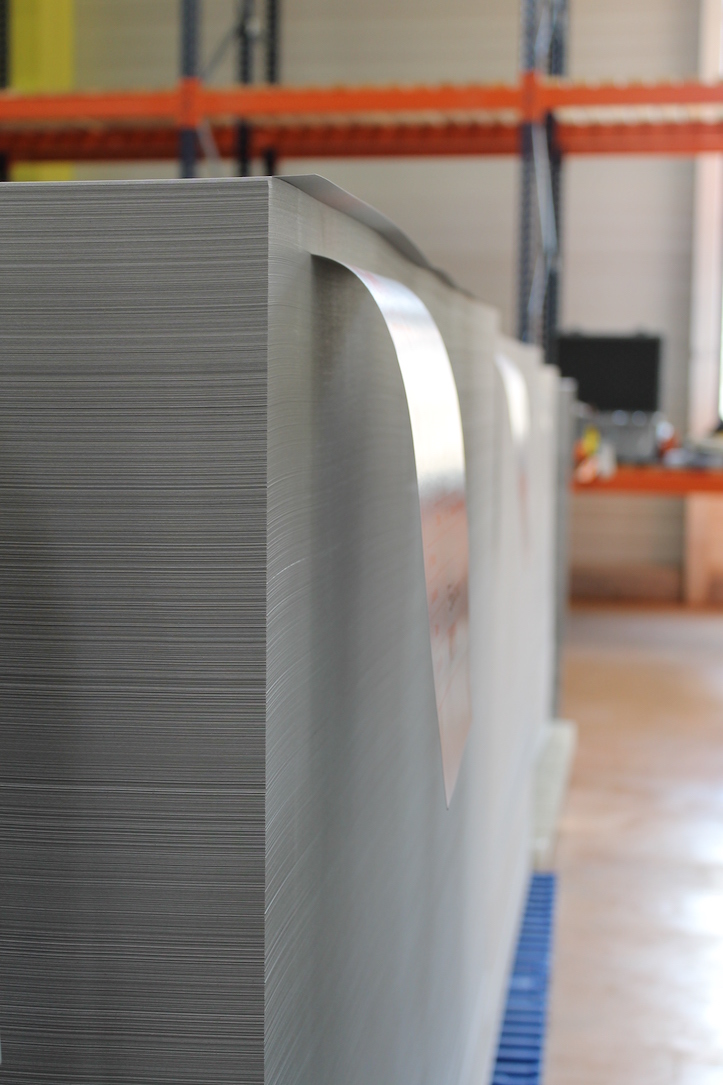Is it time for folding carton manufacturers to reconsider in-house sheeting? By sourcing reels instead of sheets, manufacturers can optimize their purchasing price, reduce waste, and save space.
The world of folding carton manufacturing has changed drastically over the last five years. Ask any General Manager of a folding carton plant and they will tell you that supply chain management for board has become more challenging, margins have tightened, and run lengths have become shorter. In response, press manufacturers have developed machines with higher speeds and faster job changes, while automation has helped to improve efficiency and address labor shortages.
In this era of continuous improvement, it may be time for folding carton manufacturers to reconsider in-house sheeting. While some converters are content with their relationships with sheet suppliers, it is interesting to note that almost none of those who invest in a sheeter end up going back to buying sheets.
Deceptive comfort of buying sheets
Board suppliers are happy to provide sheets because it ties the converter to them, and with a certain stock and a logistics system that has grown over years, sheets are indeed available when needed. However, this comfort may be limiting.
By sourcing reels instead of sheets, manufacturers can optimize their purchasing price, reduce waste to a minimum, cut back on inventory, save space, and optimize press efficiency.
Many board suppliers prefer to supply sheets, and discounts for reel supply are hard to come by. Only when suppliers understand that there are far more global sourcing options for reels will they offer an appropriate discount.
No worries about sheet size mix and maximum press performance
Converters who buy reels do not need to worry about sheet size mixes, as many sizes can be cut from a common reel size. Cutting the web to the exact sheet size required allows the printing press and die cutter to perform at their maximum capacity. This means that inventory can be reduced, waste minimized, and storage space optimally utilized, with reels easily stacked on top of each other without damage.
Although some converters may be hesitant to invest in a sheeter due to the perceived need for additional personnel and space, this is not necessarily true. The space required for pile turning sheets from wooden pallets onto plastic process pallets is similar to that needed for a sheeter, and the operator can be switched from the pile turner to the sheeter. Additionally, a sheeter will stack sheets centralized onto the plastic pallet, without the need for ventilation to prevent blocking. This not only saves space but also eliminates the need to dispose of thousands of wooden pallets each year, making it a greener solution.
In-house sheeting is worth a second look
While in-house sheeting may not be suitable for every converter, the potential to source from a wider range of producers at a lower price, save space and inventory, reduce waste, increase flexibility, and be kinder to the environment, may be worth a second look.
